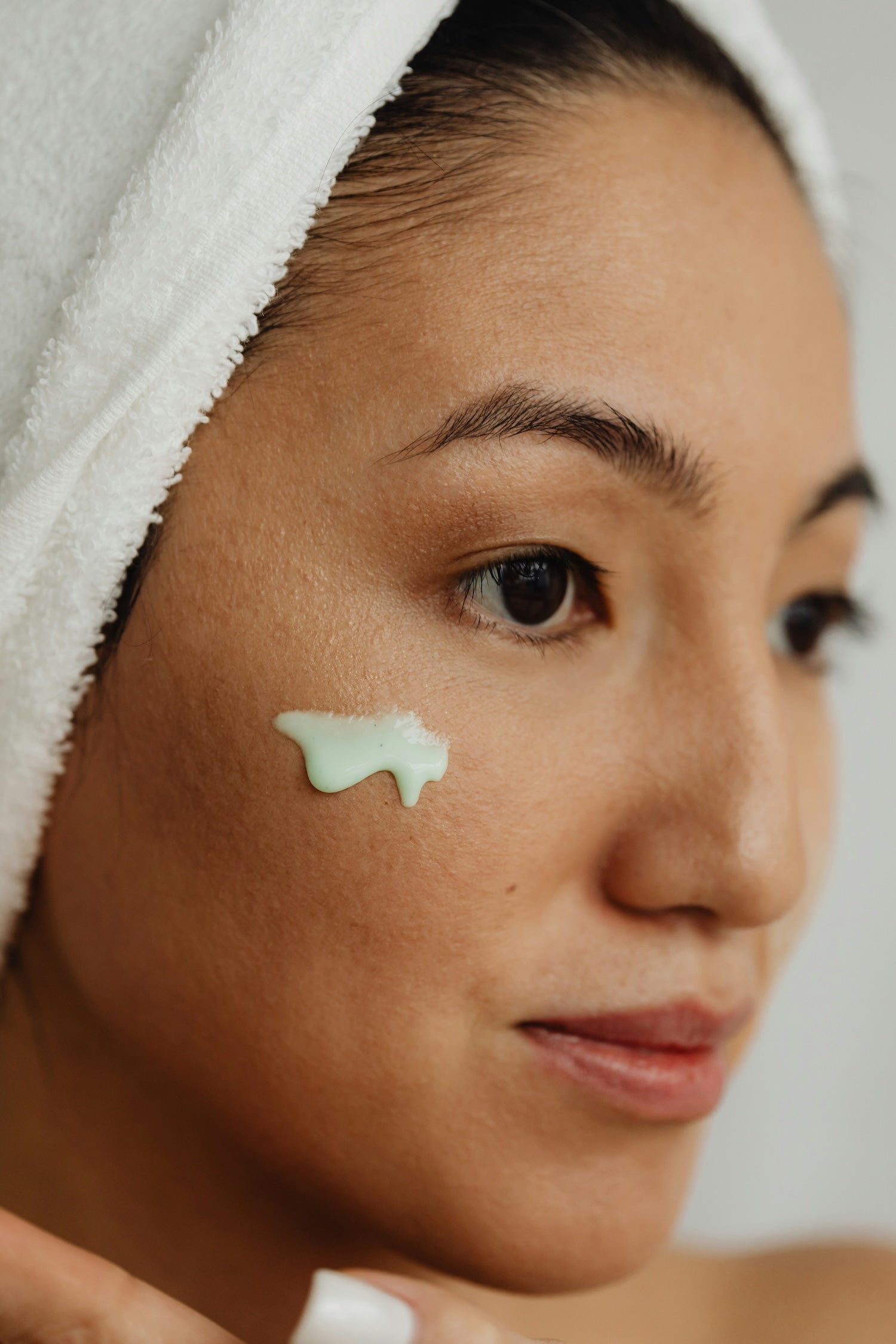Have you been experiencing more inflammation than usual lately? While there are a number of causes for this, one factor to take particular notice of is your diet.
Connecting diet with skin issues is a relatively new thing. As we find out more about how our different bodily functions are interconnected, we realize how one can greatly influencer the other.
Let’s take a look at inflammation and whether you should try an anti-inflammatory diet.
What is inflammation?
If you’ve got problem or dry skin, you may experience inflammation from time to time. Interestingly, inflammation is actually an inherent part of your body’s immune system. It is the body’s natural response to infection or injury. You can think of it as the body’s red flag for the immune system to step in and repair and heal damaged skin tissue, as well as defend against the possibility of bacteria and viruses.
However, if your skin is inflamed for too long, or it's occurring on parts of your skin where it's not needed, it can become chronic and therefore problematic.
How is it Affecting me?
So, what are the telltale signs that you are experiencing inflammation? Common symptoms include swelling, redness, and pain and stiffness around your joints.
When you can see inflammation on your skin, this means that your body is releasing white blood cell chemicals into the surrounding tissue to ward off foreign matter. This is going to increase your blood flow to the affected area, which will result in warmth and redness. Sometimes, these chemicals can also cause fluid to buildup in the tissue, which will show itself as swelling. This entire process can interact with your nerves and cause you to be in pain.
The more chemicals that your body's white blood cells send, the more pressure the area is under. This can lead to irritation, swelling, and eventually, a wearing down of the protective cartilage that cushions the ends of your bones.
What is an anti-inflammatory diet?
Just like most other diets, an anti-inflammatory diet is one where you have more of certain foods and choose to avoid others. Researchers have identified specific foods that may help to control inflammation. Many of them happen to also be in what's called the Mediterranean diet, which promotes eating things like olive oil, vegetables, and fish.
Let's take fish, for example. Certain types of fish come with omega-3 fatty acids, which are excellent for fighting inflammation. Colorful fruits and vegetables, including berries, spinach, broccoli, and kale are also a great addition to an anti-inflammatory diet. This is because they are packed to the brim with antioxidants, which help support your body's immune system.
If you’re looking for something to snack on between meals, nuts are also full of nutrients that fight inflammation. From monounsaturated fat and protein to fiber, nuts are little anti-inflammatory powerhouses that can help bridge the gap between meals.
What can it do for me?
An anti-inflammatory diet is ideal if you experience chronic inflammation. Whether it's a result of everyday stress, a health problem, or even a major disease, switching your diet to include more foods that fight inflammation could make a real difference to your skin.
Conclusion
As you begin to spruce up your diet and explore ways that it can help reduce inflammation, it might pay to revamp your daily skincare routine, too. Unfortunately, there are a lot of products out there with include nasty chemicals that could be exacerbating the problem.




